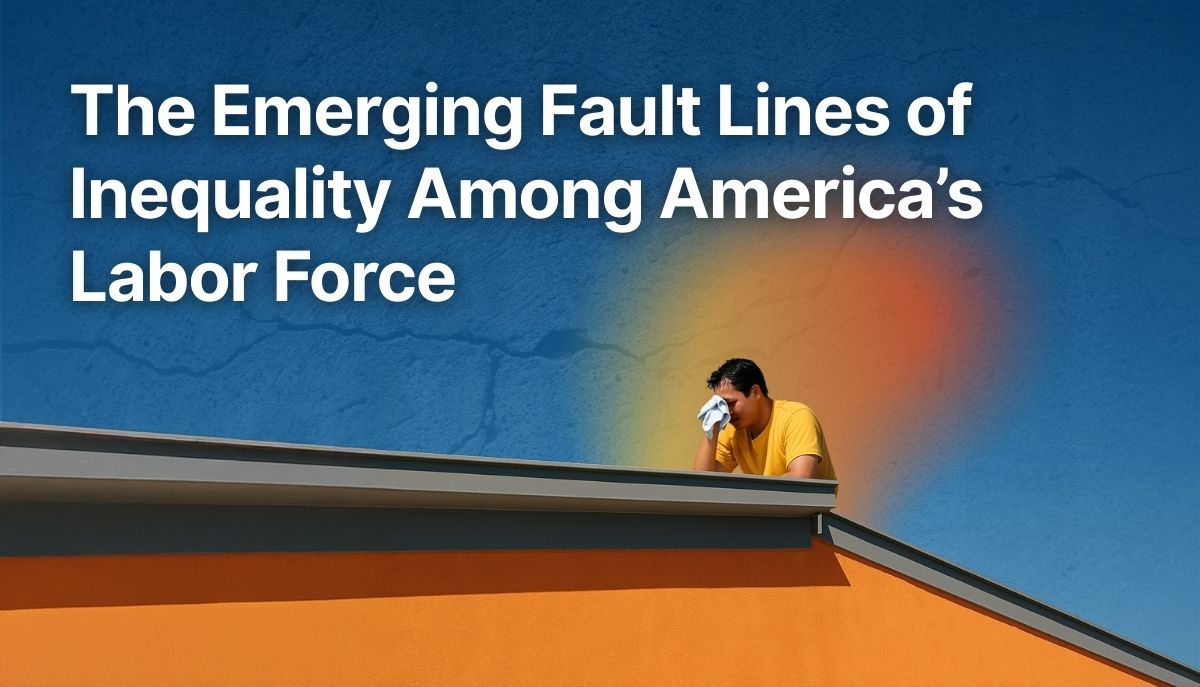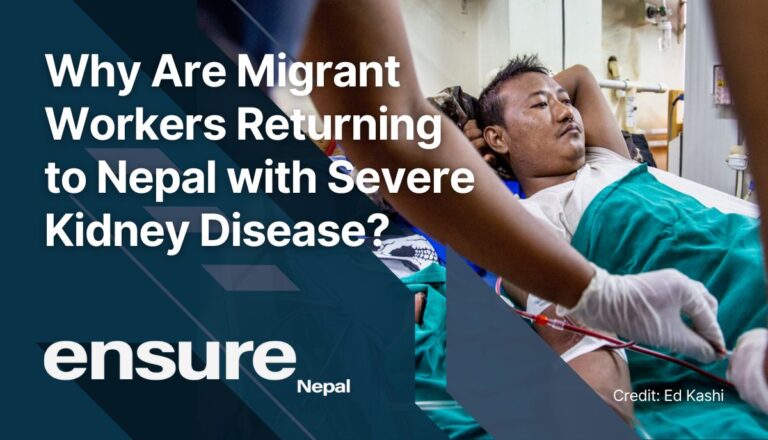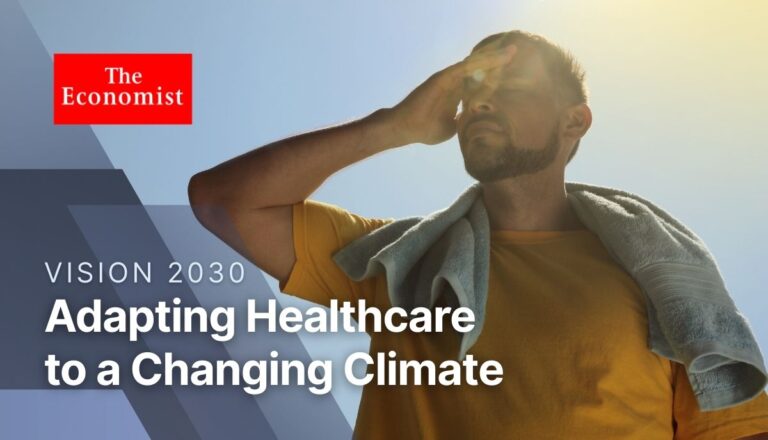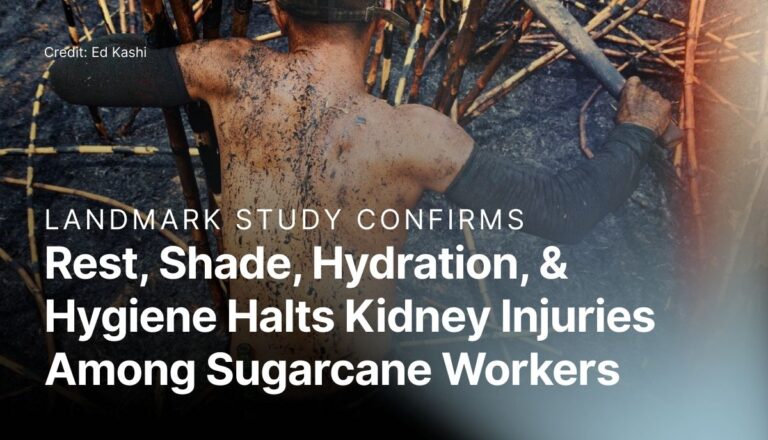As summers grow hotter, millions of U.S. workers face mounting risks from extreme heat. For those employed outdoors—in construction, agriculture, landscaping, and other labor-intensive sectors—the stakes are especially high.
Rest, shade, and hydration (RSH) are simple protections that can save lives. Yet in too many workplaces, these safeguards are inconsistent or absent. The result is a widening gap in health outcomes, with some workers bearing far greater risks than others.
What’s at Stake
Outdoor workers routinely labor in conditions that push their bodies to the limit. Prolonged exposure to high heat can cause heat exhaustion, heat stroke, and chronic kidney disease.
The barriers are varied. Regulations differ state by state. Many employers lack guidance or resources to put effective protections in place. Piece-rate pay structures discourage workers from slowing down. And without consistent data, it can be hard to convince decision-makers that solutions are worth the cost.
What the Data Show
There is evidence that RSH protections not only save lives but also improve the bottom line.
At one sugar mill where La Isla Network helped implement a structured RSH program, hospitalizations from heat stress dropped by nearly 80 percent. Productivity rose between 10 and 20 percent. By the third year, the return on investment reached roughly 60 percent.
The program’s strength lay in its comprehensive design. It combined scheduled breaks, shade, and hydration with health monitoring, adjusted workflows, paid sick leave, and access to medical care.
Why Employers and Policymakers Should Act
Protecting workers is not just a moral imperative. It reduces absenteeism, lowers healthcare costs, and shields companies from legal and reputational risk.
Healthy workers are also more productive. Programs that safeguard against heat stress prove that safety and output can advance together. And in an era of climate volatility, building systems that account for extreme heat makes workplaces more resilient.
Practical Steps Forward
Employers, governments, and communities can take immediate action:
- Adopt clear RSH standards and enforce them.
- Pilot programs that track health, productivity, and costs.
- Provide technical and financial support to ease adoption.
- Train workers and supervisors to recognize the benefits and use the tools.
- Coordinate health, HR, and operations to ensure risks are managed across the system.
What La Isla Network Offers
La Isla Network brings years of experience in designing and testing workplace protections against heat stress. The organization offers technical guidance, evaluation tools, and real-world case studies to help employers, policymakers, and advocates replicate success.
Why Now
With climate change driving longer, hotter summers, the risks to outdoor workers will only grow. The question is whether the U.S. will act quickly enough to prevent avoidable illness and death.
Evidence shows that protecting workers is not just possible—it’s profitable. The tools are available now. The challenge is to put them in place before the next heat wave arrives.
If you enjoyed this article, will you consider becoming a monthly donor to La Isla Network’s cause? We’ve rarely asked for personal donations, believing safe work environments should be the responsibility of government, retailers, brands and employers. But recent funding cuts have placed thousands of workers at risk of preventable injury, illness, and death. Our work has saved thousands of lives, and has influenced the policy change critical to making progress. We urgently need your help to keep our work going.

The amount you give is far less important than your standing with us! Anything will be appreciated as we work to build a citizen network that keeps worker protections front and center. With your contribution you will join the movement to empower workers with safe and dignified workplaces!
La Isla Network is a health research and advisory organization dedicated to ending heat-related injury, illness and death among workforces worldwide. We develop data-driven worker protection interventions, improving the resiliency of workforces and businesses to the risk of heat exposure. LIN drives lasting change by working with governments and multilateral institutions to inform and create policy. For more information please reach out to us via the contact form.




